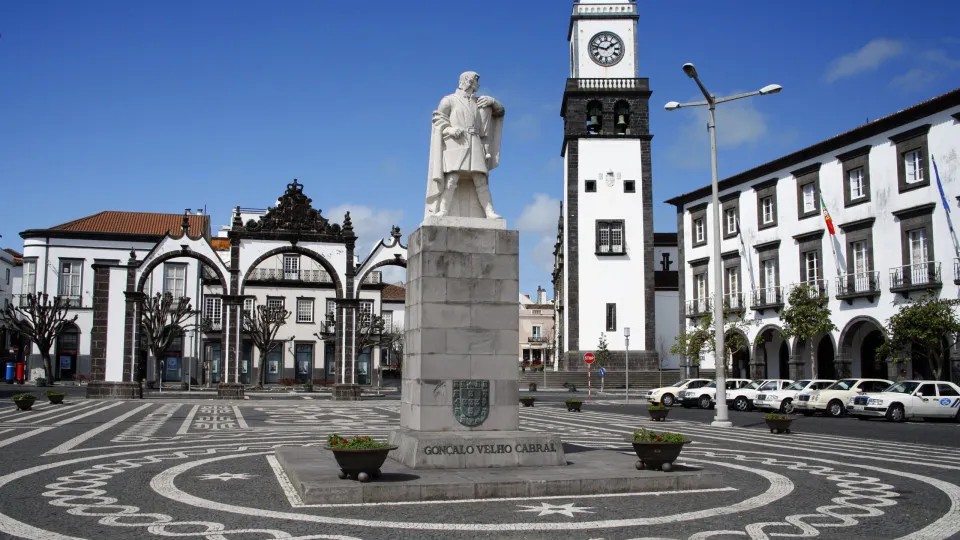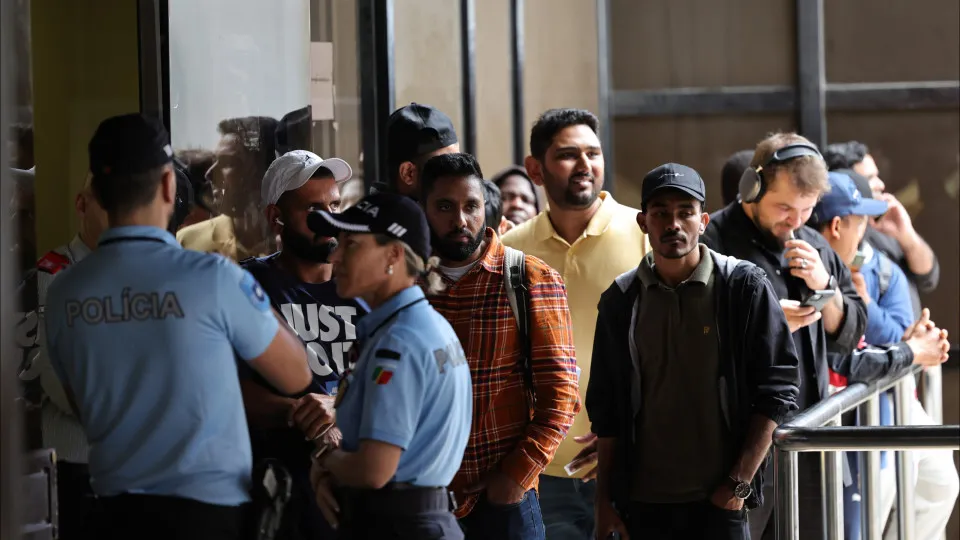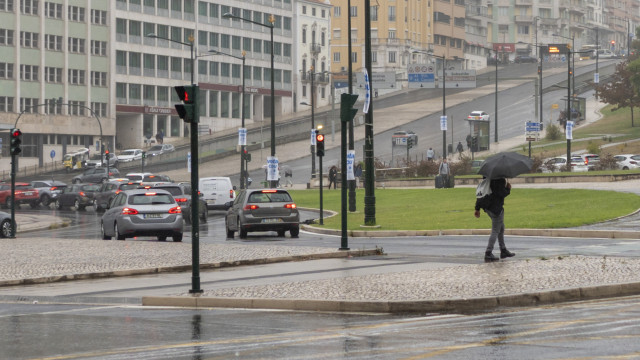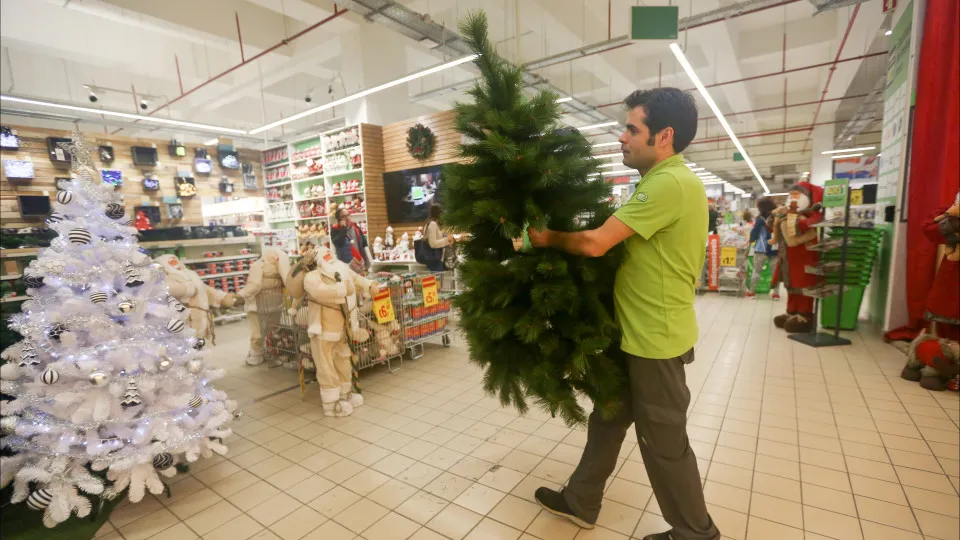
Tiago Figueiredo, 47, is part of a team of six from the ‘UK Antarctic Heritage Trust’ (UKAHT) set to live and work on Goudier Island, an area comparable to the size of a football field.
The departure is scheduled for Monday.
“There is obviously always a degree of apprehension, but it’s one of those unique opportunities. I’m very excited and counting the days. I consider myself extremely lucky,” he told Lusa agency.
For Tiago Figueiredo, this will be an entirely new experience, vastly different from his career as a business consultant.
Originally from Lisbon, Figueiredo has lived in the UK since 2012, where his fascination with the Portuguese Age of Discovery in the 14th and 15th centuries led him to become interested in the achievements of 19th and 20th-century British explorers like Ernest Shackleton and Robert Scott.
“I never learned about any of this in school. I started reading a lot on the subject, researching it, and developing a distant desire to go there one day,” he shared.
The opportunity arose after his wife, Raquel, forwarded him an unusual job advertisement.
The UKAHT, a British philanthropic organization, is responsible for several sites in Antarctica, including Port Lockroy, a former military base established in 1944 during World War II.
Each year, a new team is sent to inventory the colony of over a thousand gentoo penguins on the island, focusing primarily on the eggs and new chicks.
The mission coincides with the austral summer and natural thawing period, which the birds utilize for breeding.
The study aims to assess the quality of life and survival of penguins.
The southernmost post office in the world and the museum mostly receive visits from a limited number of tourists brought by cruises permitted to dock on the island.
Nevertheless, tens of thousands of letters and postcards are sent from Port Lockroy.
UKAHT team members are also tasked with boarding ships to give lectures about the island’s history, their mission, and to raise awareness about the importance of Antarctic conservation efforts.
Given the limited access to water, energy, and communications, Figueiredo plans to use such occasions “to take a hot shower, as there is no running water on the island, and to have a meal that isn’t canned.”
The Portuguese native underwent survival training in case of an accident or severe weather, and first aid, including performing resuscitation, giving injections, or conducting a catheterization.
He also learned how to operate the post office and handle historical artifacts preserved in the museum, including objects used by occupants over eight decades.
In the shop, souvenirs such as t-shirts, mugs, or fridge magnets are sold, notably “perhaps the only place where you can buy something in Antarctica.”
Proceeds are essential to fund the operation and maintenance of the buildings.
Leaving his family behind during the holiday season will be challenging for Figueiredo, who only accepted the position after being “authorized” by his wife and two daughters.
The job comes with remuneration, and travel and expenses are covered, but for the Lisboan, this is mainly the “realization of a dream.”
In addition to many photographs of penguins and the stark landscape, upon his return, Tiago Figueiredo is prepared to make up for his absence.
“I am fully aware that, when I return, I will have to do whatever I’m asked,” he joked.
Figueiredo will be the first Portuguese to join a UKAHT mission this year, including several returning members and Amanda Barry, whose father was stationed there in 1948.
Three members will be replaced at the end of December.
In early January, three carpenters will arrive to conduct repair work on the wooden building structures affected by water and snow.
Furthermore, interventions in the electrical and communications infrastructure are planned.
Figueiredo is one of the few newcomers and will remain for the entire season.
“I preferred to stay, as the 14,000-kilometer journey is long. I thought, since I’m going, I might as well stay the whole time. I hope I don’t regret it,” he said.
He packs warm clothes and footwear to withstand negative temperatures, some books, chocolates, “good coffee,” family photographs, and materials to make Christmas presents for his adventure companions.




